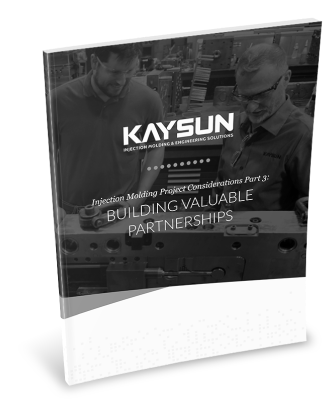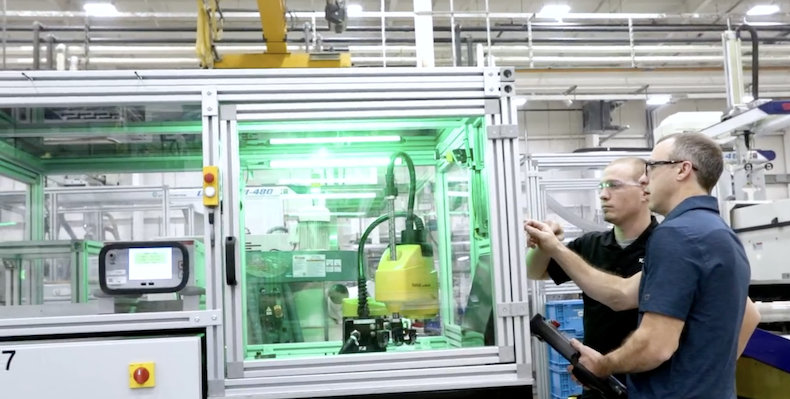
When military/defense contractors seek a complex injection molder to manufacture, sell or distribute goods or service covered under the United States Munitions List (USML), or supply components to goods covered under the USML, verifying that the molder is International Traffic in Arms Regulations (ITAR) certified/compliant is a top priority.
Understandably so, since ITAR compliance and the related registration with the State Department’s Directorate of Defense Trade Controls (DDTC) provides the U.S. government with necessary information about companies involved with certain military-related manufacturing activities. Further, ITAR certification/compliance ensures molders for military applications take certain steps to guarantee that military safety and security takes precedence in the goods and services they provide, including:
These mission-critical functions are required of ITAR-certified molders, but military/defense contractors can enhance the value-add if they look for complex injection molder partners that are full service.
A few pointed questions will reveal a molder’s depth of expertise and how they approach complex part design, tooling and production:
The Military & Defense Project Scoping Checklist will help you find a well-rounded ITAR-certified complex injection molder partner, like Kaysun, and understand how to work with them to achieve the highest quality and safety objections for your project. Download your free copy now by clicking the button below.


TL; DR: The 30-second Summary As manufacturing evolves, OEMs are focusing on quali…
READ MORE

TL; DR: The 30-second Summary If you’re looking for custom injection molding compa…
READ MORE

TL; DR (Quick Article Summary) Why is reshoring a smart OEM supply chain strategy?…
READ MORE